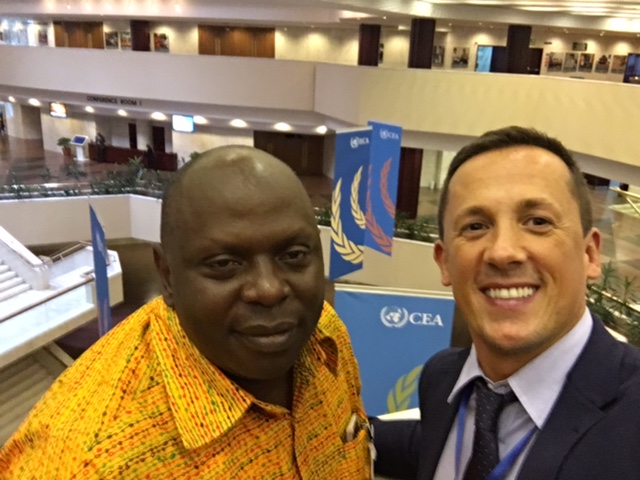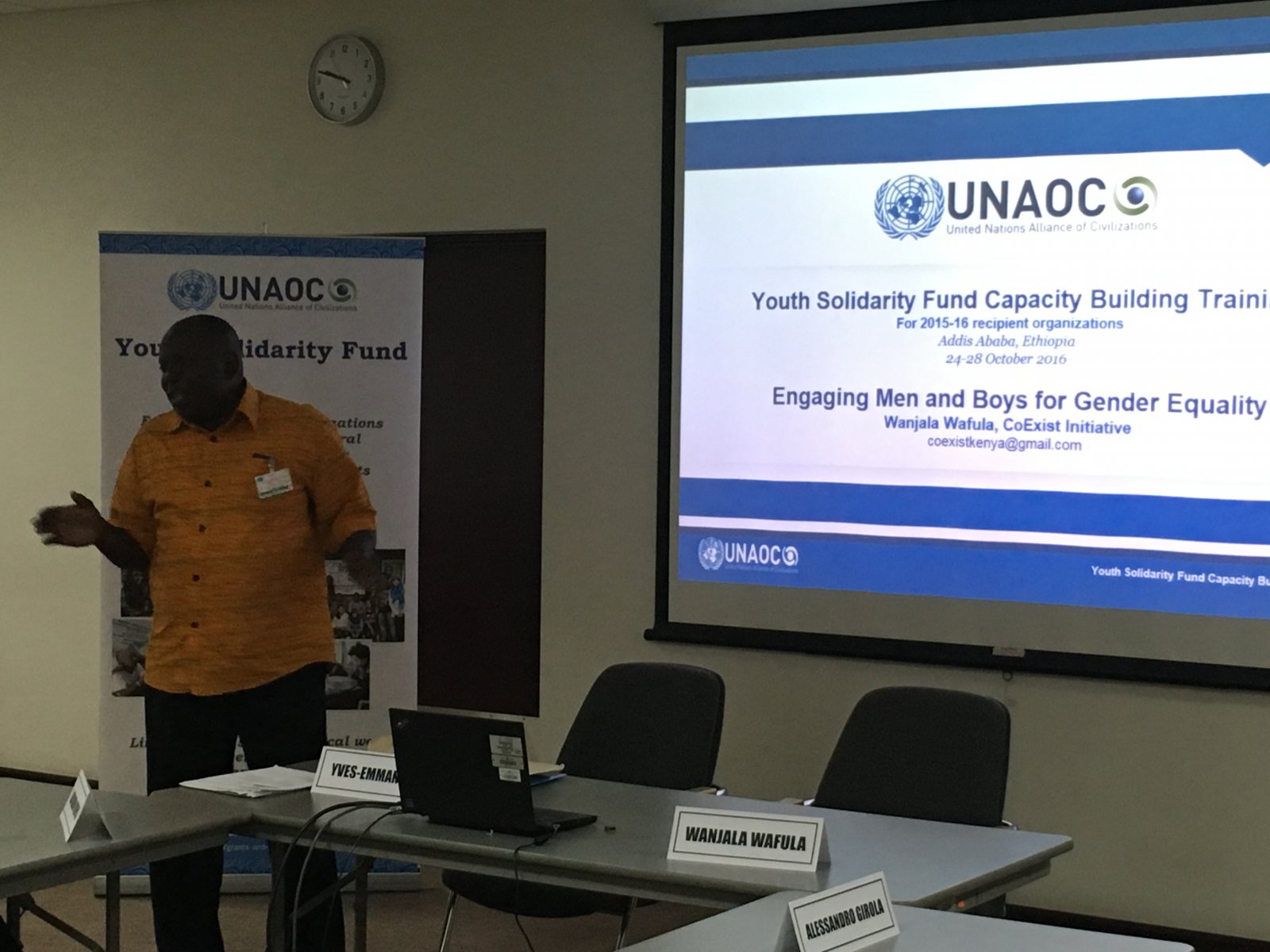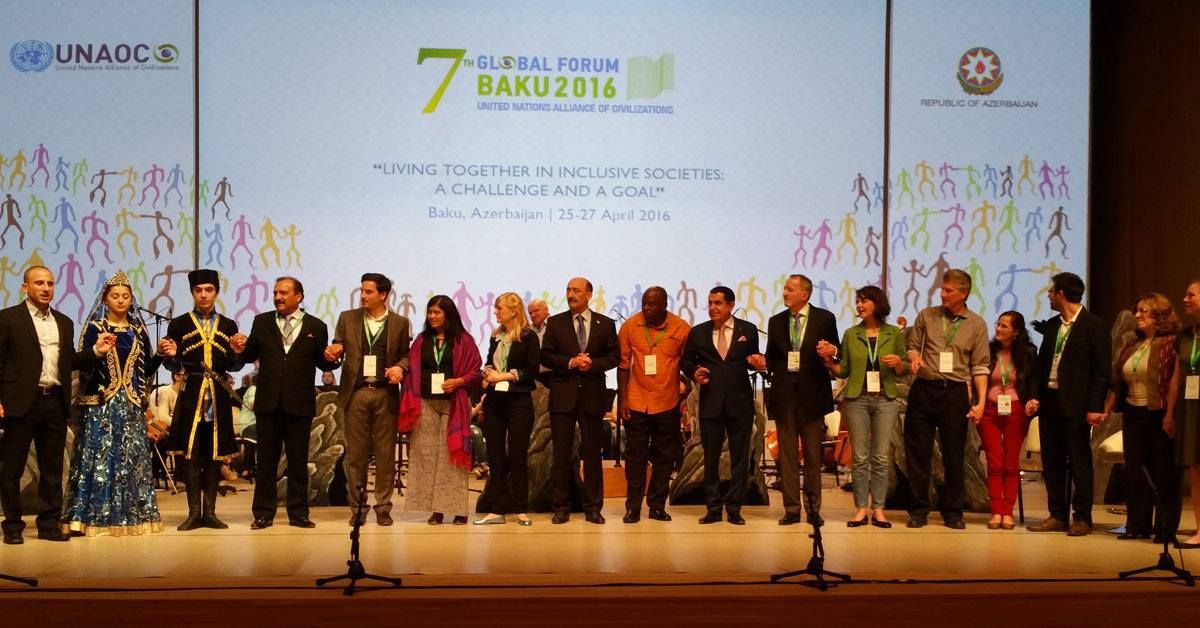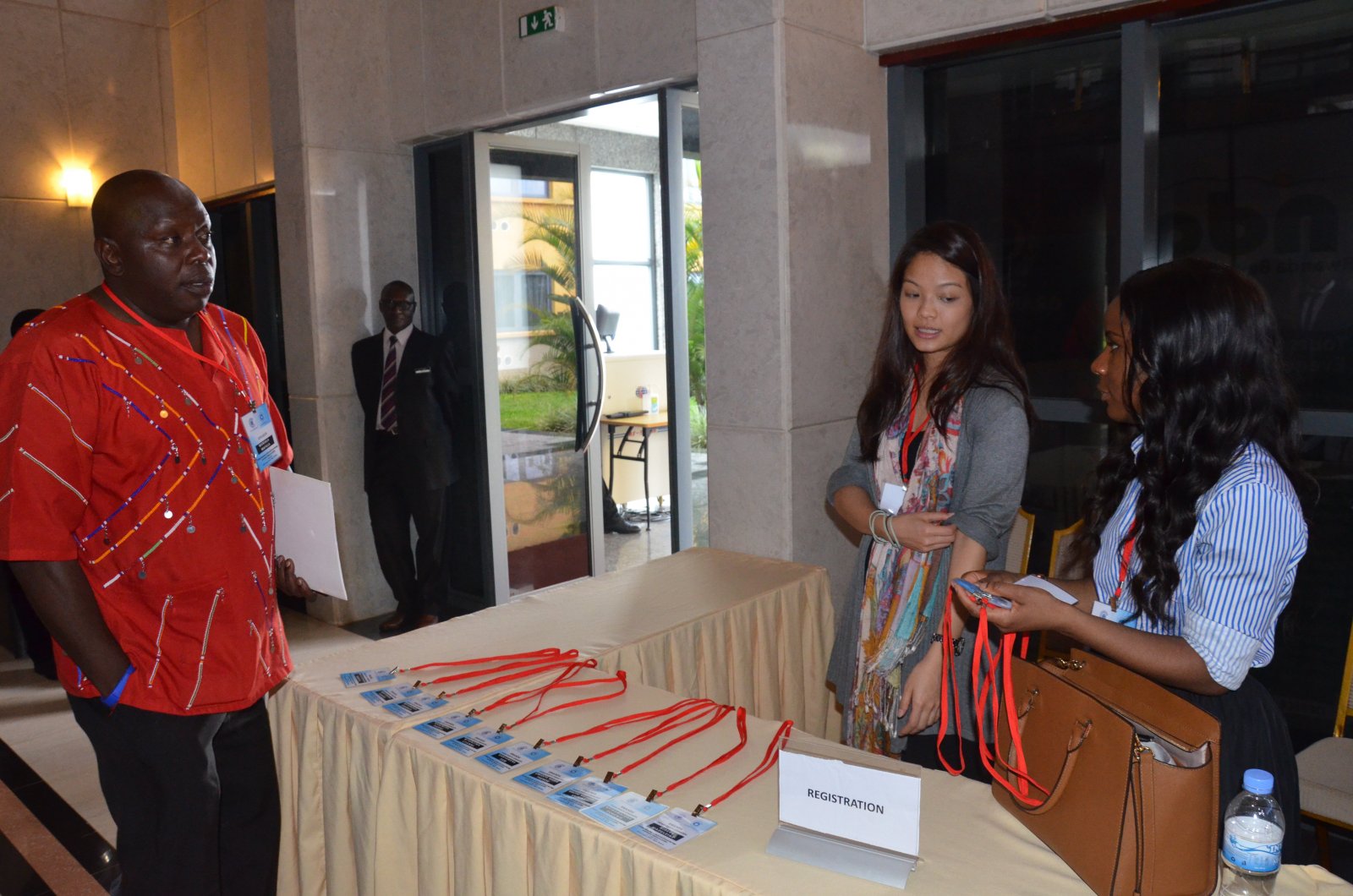A decade down the road
May 28, 2019
Story





By Wanjala Wafula
As we marked the sixteen days campaign against gender based violence in Kenya last year, I was stunned at how many women are still hesitant to embrace men as partners in the struggle to promote gender justice and parity. I was amazed at how the entire campaign went on without direct men and boys involvement. I was puzzled at how we hurriedly celebrated the nominal gains women have made in Kenya while we stare at a constant statistic that one in every two women has experienced violence from an intimate partner in Kenya. From the dancing in the streets, the fancy press conferences, paid for advertisements and the rest, I have a feeling we are losing the war on preventing, protecting and prosecuting issues around gender based violence not just in Kenya but around the African continent.
Our recent baseline survey around men and boys in seven counties in Kenya revealed that one in four men confessed to have raped a girl or woman more than once in their life. They clutched to traditions and practices. They even felt at liberty and referred to socialization processes that raise them up as “superior” beings. The same survey revealed that 80% of the women interviewed, especially in the rural areas confessed subservience to men and boys. If the recent spate of spouse murders and girl child rapes are anything to go by then men who are the leading perpetrators of the vice cannot be ignored and that factors that drive them to violence must be addressed by them and from their end.
Ignored or not, I remain very buoyant because what started as a one man campaign has now attracted over ten thousand men and boys to join the fight against gender based violence in Kenya and indeed across Africa. When we begun this work, many self imposed, gender “experts” dismissed men and boys engagement as a passing cloud. They even allocated themselves the duty of “checking” our genuineness. They treated us with suspicion and at times with downright hatred. Some openly affirmed that we were only interested in diverting the resources meant for women and women’s organizations. They remained resolute that African men would never change.
On the contrary, men of all social demographics are beginning to be aware of the shackles of negative masculinity, patriarchy, destructive cultures and traditions and the entire socialization process. They have realized that they too are victims of a socialization process that hails them as conquerors yet burdens them with masculine and patriarchal attributes that are destructive. Many men are now socializing their sons not to be like they were. I see them quee with their sons at hospitals and medical clinics to undergo modern medical male circumcision. I hear them whisper to each other that they do not want their sons to be imbued with the baggage that comes with traditional circumcision. I continue to see men discourage each other from widow inheritance leading to the demise of the practice in many parts of Kenya. I witness many men queue with their spouses at family planning facilities to procure the services. I never miss to see men on their bicycles going to the river to fetch water for their families. I watch them calmly listen to women preach in churches and they continue to vote women into elective posts. These days, men sing praises about their educated daughters and even allow them to be married to men of their choice irrespective of tribe, race or greed. I was there when the dreaded Kaya elders passed a decree banning child marriage. I have worked with Maasai morans (warriors) who are now opposed to female genital mutilation. I have witnessed pastoralist communities’ camp around schools for their daughters to get an education. Surely, men and boys are changing and I wonder why people have chosen just not to see.
I see masses of men and boys finally joining women to say all forms of violence against women must stop. I see men becoming eager to be part of making Africa a safe place for all. I see a generation of Africans who are saying we must play a cardinal task in fashioning a future without cruelty against women and girls. The commitment now is to go even further and prevent the cruelty from occurring in the first place. I concur with many analysts that protests and rallies elevate awareness about gender based violence. Plus, of course yes, putting in place punitive legal measures, arresting men and boys and holding them answerable is paramount. But neither is enough because for me, more effort need to be invested in prevention and building partnership with would be perpetrators who are men and boys. It’s an era to engage boys and men in finding an answer to the pervasive GBV epidemic.
In the last decade, I have learned that men and boys from homes where their father used violence are more than twice as likely to use violence against their own partners than men who did not witness such violence growing up. This has taught me to esteem the value of mentorship and standard setting in homes. I spent the better part of my childhood with my mother who imbued in me the values that I hold dearly today. She socialized me to grow up knowing that a man is not defined by his ability to hurt, rather his readiness to love and care for. When I rarely saw my father, which was very infrequent, he rebuked me for doing women chores. He detested my helping in the kitchen and going to the grinding mill. He severally smacked and kicked me because he found me fetching water but I refused to be defined by what he wanted me to be.
Like my friend Michael Kaufman of White Ribbon Canada insists, men who commit violence against women tend to buy into stereotypical notions of masculinity, including the idea that men should dominate women and have "rights" over women's bodies. As feminist scholars and activists have long asserted, violence against women is the product of unequal relations of power. Violence also results from the ways we've raised boys to be men and the impossible demands of masculinity.
A negative masculine construction is the main driving force behind women and girls’ vulnerability and it requires manhood be equated with the ability to exert power over others, especially through the use of force. Coexist has seen one of the solutions to work with men and boys as key partners at the local and national levels. We have developed and shared new and effective strategies of engaging men and boys as principle partners in building a culture of respect for the rights of girls and women. We empower men and boys to break out of the mould where almost the only role available to them is that of perpetrator or policeman and to recognise human rights as everybody’s’ rights. We affirm that women’s rights are to be respected. We work to enable men and boys to embrace the role as advocates against girl’s and women’s vulnerability. Our work has been directed towards transforming possible abusers to steadfast partners.
Social transformation is not possible without community engagement. Community engagement is a necessary part of working to prevent and respond to all forms of gender based violence as gender norms - especially gendered beliefs and practices - at the community level are among the root causes of gender based violence. Our approach and strategies have built community receptivity to anti-gender violence messages, by lessening resistance to them, and by community members taking an active role in prevention and other related interventions.
Coexist has used a multiplicity of strategies to raise awareness in the public consciousness, including: advocacy, peer education, media programming, learning tools development, and community forums. Targeting, empowering and raising the capacities of men and boys is necessary because the isolation of men and boys in gender programming is a major problem and can contribute to the vulnerability of women and girls. Our work has helped to bring the dialogue about gender violence into public consciousness and the process helped transform men.




